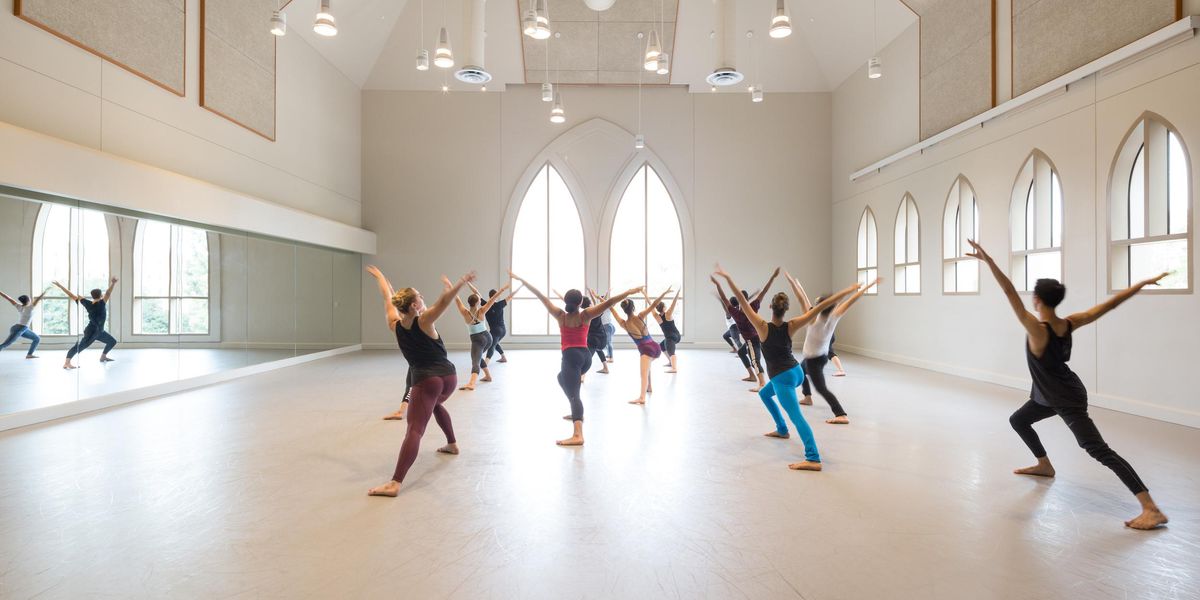Career Advice from Gennadi Nedvigin, Atlanta Ballet's Incoming Director
Gennadi Nedvigin in Balanchine’s Coppélia, Photo by Erik Tomasson, Courtesy SFB.
San Francisco Ballet principal Gennadi Nedvigin is at a major crossroads in his career. Last week, he flew to Georgia to announce the 2016–17 season for Atlanta Ballet, where he’ll take over as artistic director in August. But now, he’s in the last week of rehearsals for SFB’s Onegin. (He’ll take his final bow on May 8.) Nedvigin shared his advice for dancers entering the field and how taking class inspires him.
How does it feel to close your chapter as a dancer?
Well, of course, it will probably be a little bit nostalgic. But, in a way, I don’t feel it yet because I’m still dancing and have so much work to do. It almost feels like it’s unstoppable. I guess we’re trying to put everything I have left in me into a number of performances.
How has your performing career, as well as your work teaching, coaching and staging ballets, prepared you for this next step?
I have all this knowledge that I gathered when I was ready and wanted to. Now I’m prepared to share it with a new generation. When I see the younger dancers struggling, I just want to help them to learn something that they don’t know yet and help them to advance quicker and stay healthy. It’s like the circle of life: You gain something, you give something.
Looking back, is there anything you wish you’d known when you were starting out?
Courtesy SFB
One thing that was hard was to be myself onstage. To get to that level mentally or to have this confidence in myself. It took me quite a while. The sooner you can believe in yourself or find support from your teachers or ballet masters or anybody that surrounds you, your director, it will help you to gain that confidence and bring yourself onstage. That’s what audiences enjoy, when they see a person dancing his heart out in front of you. That honest talk or discussion with the audience comes from the dancer himself. Not just, I learned a few steps and I did them onstage.
How can dancers stay inspired when they’re taking class day after day?
Sometimes you come in in the morning and you’re barely moving your limbs, and your joints are swollen or you had a big performance. But class makes me inspired. It’s not that I come to class inspired. The body starts doing things that it’s been doing pretty much all our lives. It’s like starting the engine, very slowly. You find something that brings you joy. You stretch. Your pain goes slightly away. I do feel better after class, honestly. Class is an approach for everything that we do. That makes it special, something positive.
When you teach company class at Atlanta Ballet, what will you focus on?
Many things. [laughs] I’ll definitely focus on the details of how movements are performed because those come with us into the studio, into the choreography, onstage.
Since you’ll be overseeing future auditions, what do you find most captivating in dancers?
I will be looking for a strong base in classical dance and, at the same time, the ability to free themselves into performing different styles. Not every dancer has that. It needs to be developed. Young dancers need to grow into something, and you grow by experiencing and dancing different repertoire. Obviously, I’m not expecting dancers who are 20 years old to be able to do that, but if I see the possibility in them, that’s what I will be looking for. The possibility to grow further.
Is there any other advice you have for dancers just starting out in their careers?
Try to discipline yourself and dedicate all your attention to what your teachers are able to share with you. I think that, on top of your dedication to the art, will help you succeed.




